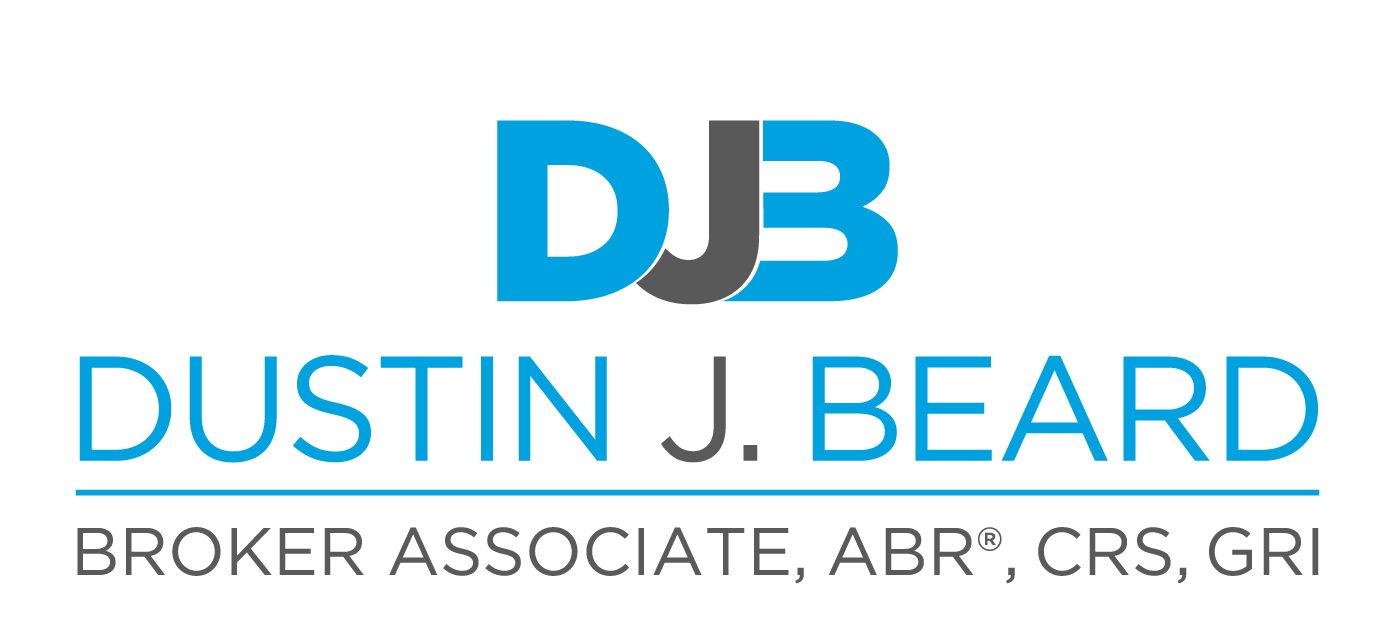How to Avoid becoming a Victim of Fraud in Naples Florida
Among metropolitan areas, South Florida has topped the list for ID-theft complaints for the fifth year in a row, according to figures released by the Federal Trade Commission. But complaints from the region have dwindled from prior years, a sign that an intense federal and local crackdown has had an impact.
According to John Breyault, vice president of the Consumers League, “thieves and scammers apparently are attracted to Florida for a host of reasons: Its lack of state income tax means less scrutiny from state officials; its transient population makes it easier for hit-and-run operators to blend in; its large senior population provides a tempting target of savings and vulnerabilities; its fast development “means a lot of new money floating around.”
More than 200,000 fraud-related complaints poured in from Floridians last year, the highest per-person rate in the nation, with 1,007 complaints per 100,000 of population. Florida’s high rate was followed by Georgia and Nevada.
More than 37,000 Floridians complained of identity theft, giving the state the highest rate — 186 per 100,000 — followed by Washington and Oregon. Among metropolitan areas, Miami/Fort Lauderdale/West Palm Beach had 18,428 ID-theft complaints, the nation’s highest rate of 316 per 100,000. Next highest were Seattle, St. Louis, Tallahassee and the Naples area. Jacksonville had the ninth highest rate, Fort Myers the 11th highest, Port St. Lucie 12th, Lakeland/Winter Haven 13th, and Orlando/Kissimmee/Sanford tied with Tampa for 17th.
Many of the thefts are discovered when taxpayers are unable to file their returns because an identity thief had already sent a return using their names.
Tips to Avoid being a victim:
1. Resist clicking on suspicious links or attachments in emails, text messages or on the Web. These often contain malware that can hijack your computer and steal sensitive personal information like Social Security numbers, user-names, passwords and dates of birth.
2. File your taxes early; The FTC identified tax-related identity theft as a top source of identity theft complaints. Scammers file in someone else’s name early in tax season and collect fraudulent returns before the legitimate taxpayer has filed his or her return.
3. Create strong and unique passwords using a combination of letters, numbers and symbols. Avoid using common words or names in your password and don’t use the same password across multiple websites.
4. Review your credit reports regularly and report any suspicious activity promptly.
For the full article click here.
